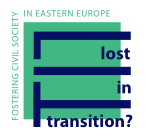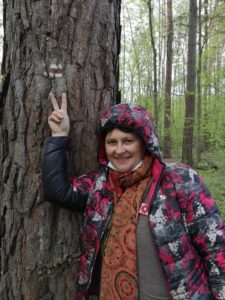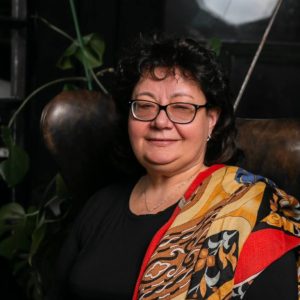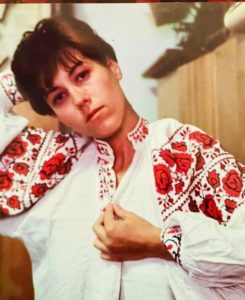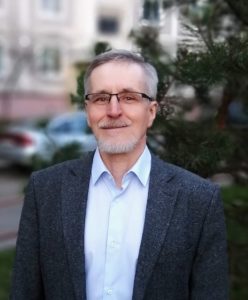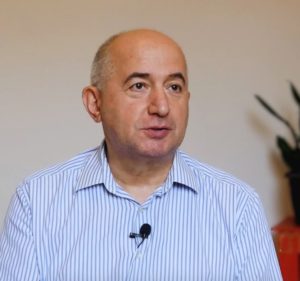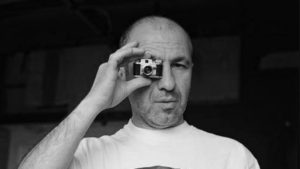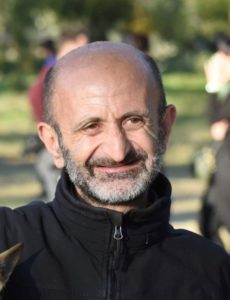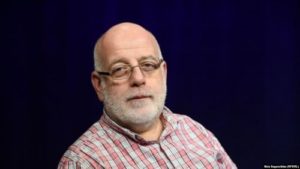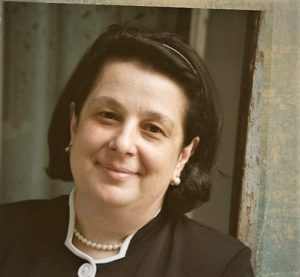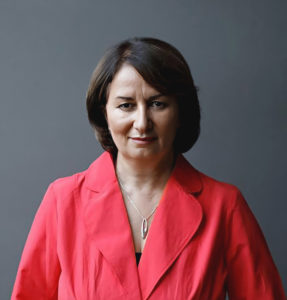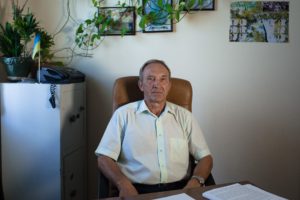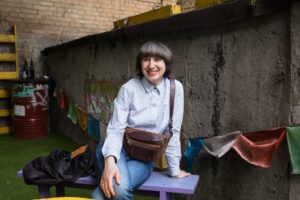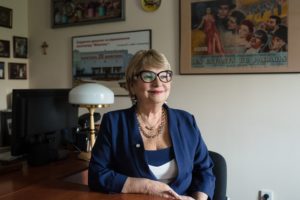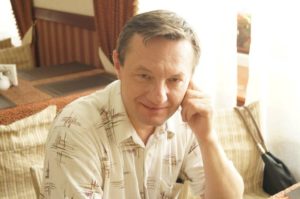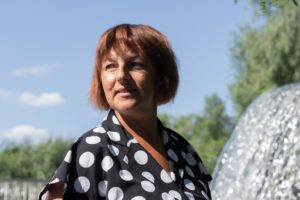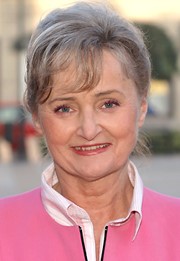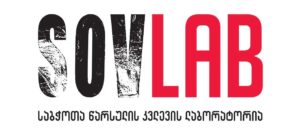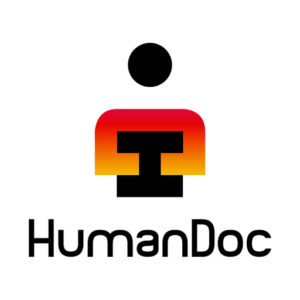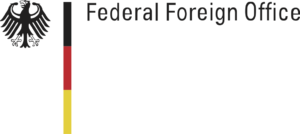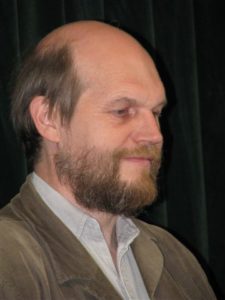
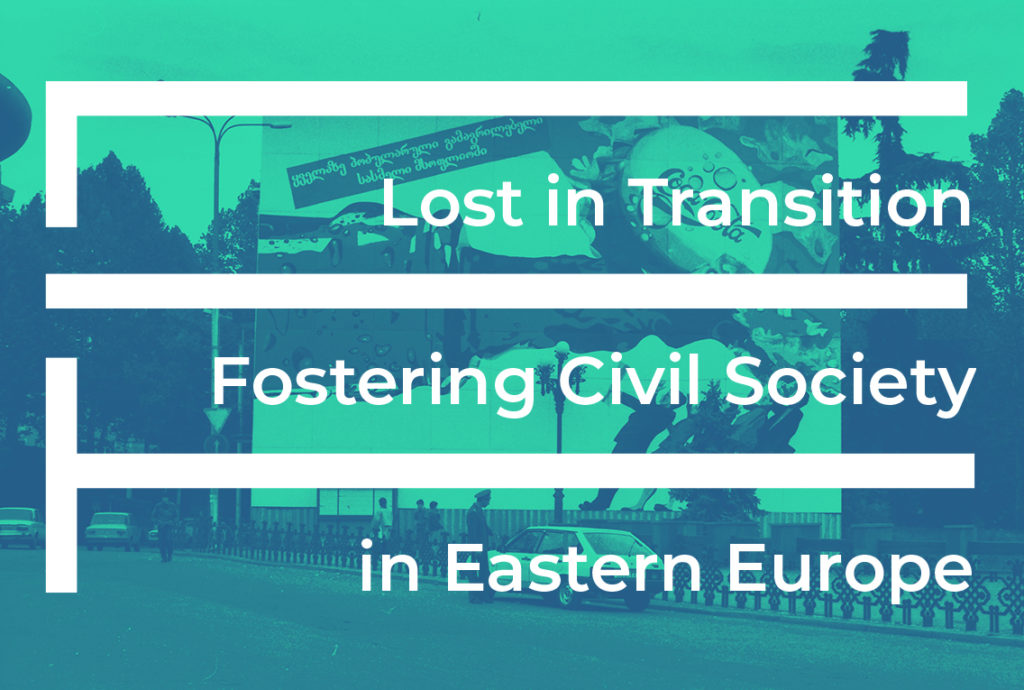
The year 2021 marks the 30th anniversary of the collapse of the Soviet Union and the disintegration of the Warsaw Pact, while in their successor states civil society is also celebrating the anniversary of its “Zero Hour”. The transformation after ’89-91 was a traumatic phase for many countries, but also the starting point for a free civil society. To effectively counter contemporary threats to democracy posed by populism and de facto autocracy, it is essential to look at the past and at the European dimension of the post-89 transition.
The project “Lost in Transition?” ties in with the work of the project network “Transition Dialogue”, with which the DRA and its partners have already been providing key momentum for a local reappraisal of the transition years in several countries in Eastern Europe since 2015.
Within the framework of “Lost in Transition?”, the DRA, together with its partners from Belarus, Georgia, Poland, and Ukraine, intend to:
- break down singular narratives, uncover hidden conflicts, and bring different social groups and generations into constructive dialogue nationally and internationally
- integrate various discourses and work with witnesses of the transformation period to create tangible classical and non-formal educational offers
- make new forms of learning available via the Internet, with a focus on civil society actors dealing with transformation
These eyewitnesses represent different communities of civil society actors in the late 1980s, early 1990s. They attended a preparatory seminar, where they were trained in biographical narration and the recalling of personal memories.
The videos are suitable for preparing a meeting with eyewitnesses or for lessons on the topic of transition and civic engagement in general. They have been used by educators from Ukraine, Georgia and Belarus within the “Lost in Transition?” project.
These materials were designed for a five-part seminar series for multipliers that took place with over 100 participants in September-October 2021.
They provide background knowledge on the role of civil society in the transition period before and after ‘89/’91 and introduce methods based on multiperspectivity, oral history and historical thinking. Furthermore, they contain practical methods and suggestions on how to work with eyewitnesses in a pedagogical setting.
Barbara Christophe, Additional Multiperspectivity Historical Thinking (Russian), PDF
Barbara Christophe, Presentation Multiperspectivity Historical Thinking, PDF
Momchil Metodiev, Additional Mappings, English, PDF
Momchil Metodiev, Additional Mappings, Russian, PDF
Momchil Metodiev, Presentations, Additional Mappings, English, PDF
